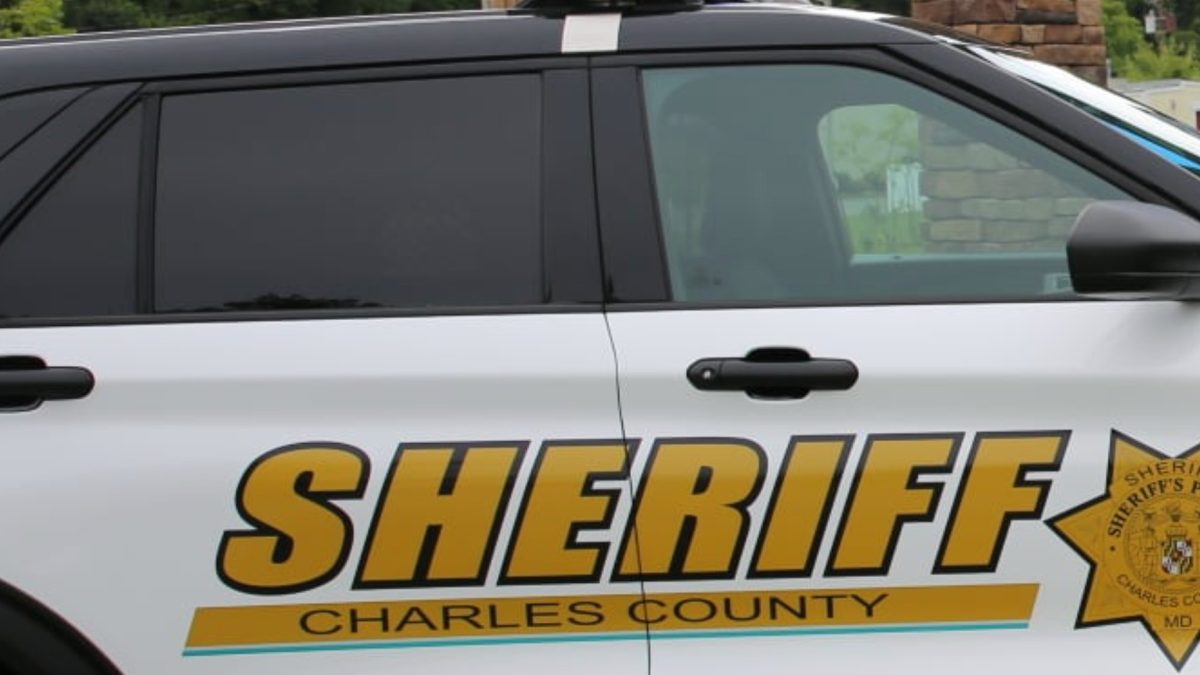Maryland lawmakers introduced legislation to improve privacy and safety for children on social media.
The Maryland Age Appropriate Design Code would force social media companies to do more to protect children who are using their sites. It’s based on a new California law.
“What we need to do is just make sure they’re actually able to access those positive spaces, that they’re able to realize the benefits as opposed to just saying outright we’re going to put a ban in place that we know, frankly, won’t work,” said Del. Jared Solomon, D-Montgomery County.
If passed, TikTok could have to turn off strangers’ abilities to message kids, Google could have to turn on safe search by default and YouTube could have to disable auto play for anyone under 18.
We've got the news you need to know to start your day. Sign up for the First & 4Most morning newsletter — delivered to your inbox daily. >Sign up here.
The legislation also would restrict data collection and profiling of children, require high privacy settings by default, and turn off geolocation.
“It requires, out of the gate, that there be privacy by design of the software,” said Sen. Ben Kramer, D-Montgomery County.
Christine McComas’ daughter Grace was just 15 years old when she died by suicide. Her family says she was viciously bullied online.
Local
Washington, D.C., Maryland and Virginia local news, events and information
“She made us laugh every single day,” McComas said. “And we tried desperately for months to get her help before it was too late.”
She joined lawmakers in announcing the legislation.
“In early April it will be an unbelievable 11 years since I last hugged my outgoing and kind, blueberry-eyed girl, and yet the dangers and the deaths continue,” she said.
“Companies prioritize profits over our wellbeing, and it shows,” said Bethesda-Chevy Chase High School graduate Lola Nordlinger, a self-described social media addict. “Girls my age are struggling with more mental health issues than ever before and are directly correlated with the technology that we use.”
Lawmakers and advocates say they’re grateful President Joe Biden and members of Congress are talking about online protections, but they want action now.
“That’s why we’re here today, because we can’t wait anymore,” said Del. C.T. Wilson, D-Charles County.
The California legislation was signed into law in September. It is already facing a legal challenge by a lobbying group representing several social media companies. The group claims the law is unconstitutional.



